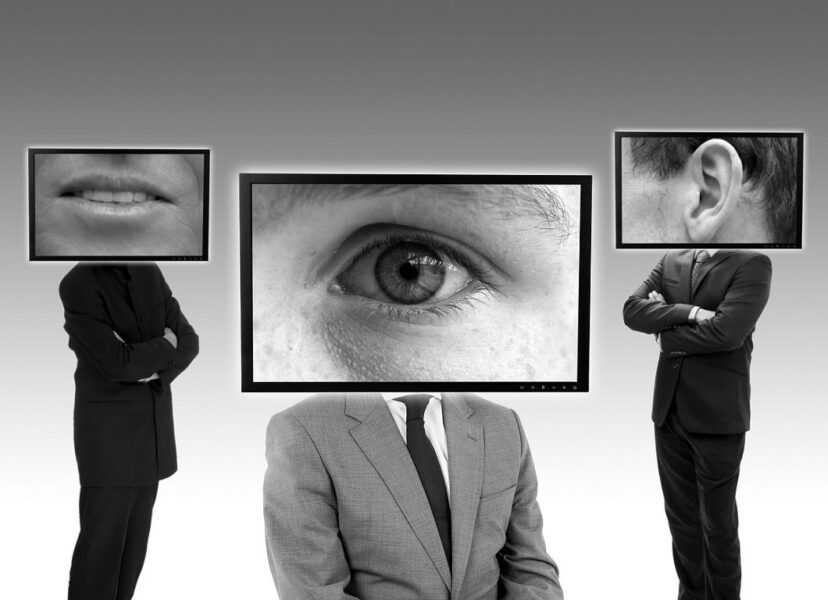Did You Know, There Are Over 550 Spy and Intelligence Agencies, “Spying” On Each Other!
- TDS News
- Breaking News
- February 19, 2023

With every country heavily invovled in global espionage, it’s time to tone down the rhetoric about being spied upon
The issue of government surveillance has become a contentious topic worldwide. Governments have been accused of spying on other nations while, at the same time, they have been accused of being spied upon by other governments. This has led to much heated rhetoric, with governments and politicians trading accusations and counter-accusations. However, it is important to recognize that every government has spies, and as such, it is unrealistic to expect them to suspend their spying operations. Instead, governments around the world need to tone down the rhetoric about being spied upon, as this is simply divisive rhetoric geared at garnering public support.
It is essential to understand that espionage is a crucial part of national security. Governments need to gather intelligence on other countries to protect their own interests. This is why every government has its own intelligence agency, which is tasked with gathering and analyzing intelligence. The primary purpose of intelligence gathering is to protect national security by preventing attacks, identifying threats, and providing policymakers with the information they need to make informed decisions. The outrage over being spied upon can be seen as hypocritical. Governments are engaging in the same behavior that they are criticizing others for, and this simply perpetuates the cycle of espionage. Therefore, the blame game of being spied upon is simply divisive rhetoric.
Governments around the world need to recognize that espionage is a necessary part of national security, and they need to take steps to ensure that their surveillance programs are transparent and accountable. At the same time, they clearly are aware that other countries are also engaged in espionage, and at times they work together when interests align; however there are no rules in espionage.
The United States and other countries have signed agreements with other countries that establish guidelines for intelligence gathering. For example, the “Five Eyes” agreement between the United States, the United Kingdom, Canada, Australia, and New Zealand establishes guidelines for sharing intelligence and cooperating on intelligence gathering. Other agreements, such as the United Nations Convention against Transnational Organized Crime, also address issues related to intelligence gathering.
When it comes to spying, the bigger problem arises when governments use their intelligence agencies to spy on their own citizens. This is a violation of privacy and civil liberties, and it can lead to abuses of power. This is why there has been so much outrage over government surveillance in recent years. People are concerned about the government’s ability to monitor their communications, track their movements, and collect information about their personal lives. This is a legitimate concern, and governments need to take steps to ensure that their surveillance programs are transparent and accountable. That being said, with the advent of social media and the trove of data being voluntarily offered to the public, it does make the government’s job easier to spy and surveil their citizens quite easily.
It is highly unlikely that governments will ever abandon spying and espionage altogether. As technology continues to advance and new methods of surveillance are developed, governments will continue to prioritize national security and the protection of their secrets. The reality is that in a world where threats to national security are constantly evolving, intelligence gathering remains a crucial tool for governments to protect their interests and keep their citizens safe. However, it is important for governments to balance this need for intelligence with the protection of civil liberties and individual privacy. By establishing transparent and accountable surveillance programs and by working together to establish norms and rules of the road for intelligence gathering, governments can strike this balance and ensure that their citizens remain safe and secure.








